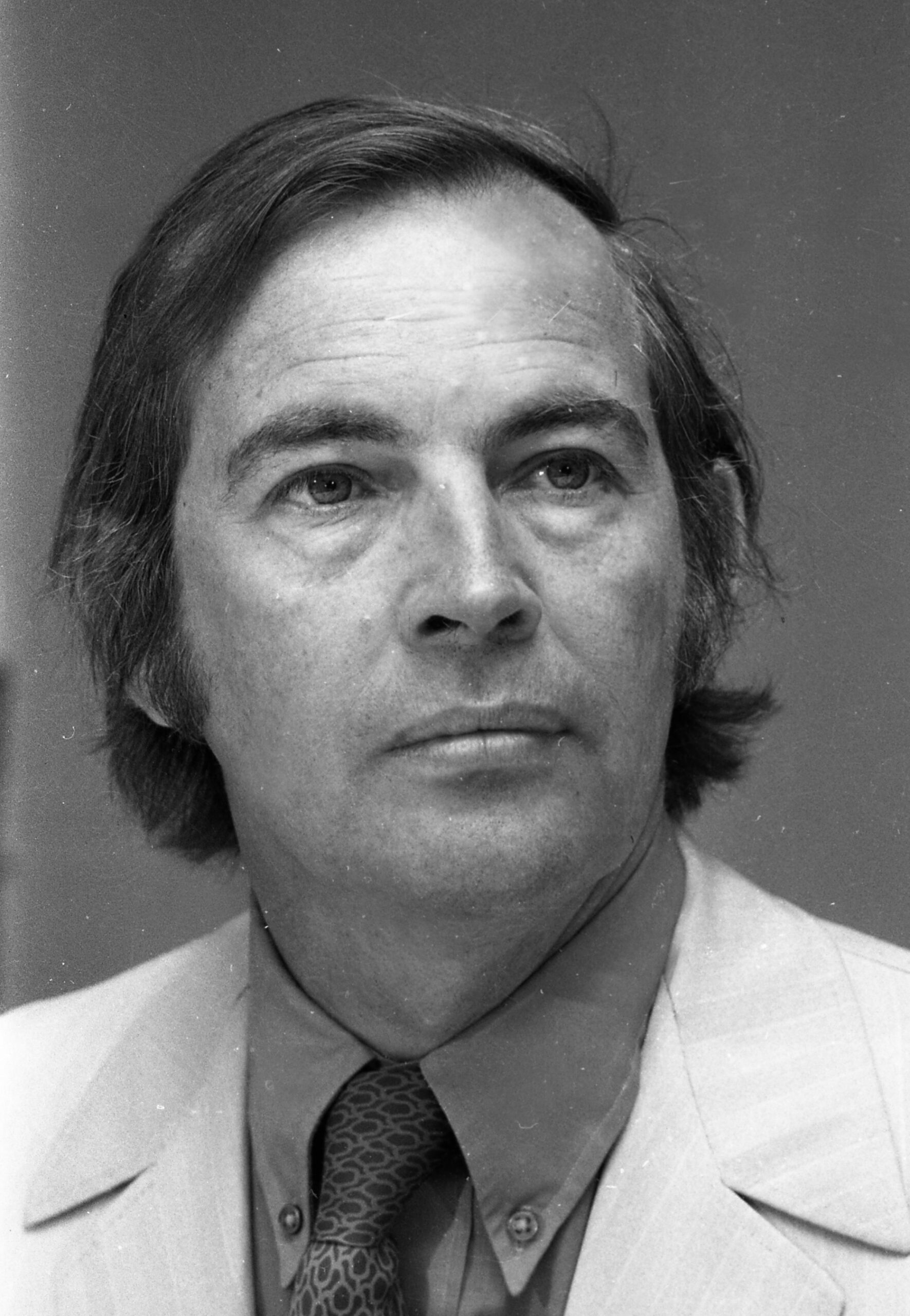On December 3, 1967, the world witnessed a monumental medical breakthrough when Dr. Christiaan Barnard performed the first successful human heart transplant at Groote Schuur Hospital in Cape Town, South Africa. The patient, 53-year-old Louis Washkansky, received the heart of Denise Darvall, a young woman who had tragically died in a car accident. Although Washkansky lived for only 18 days post-surgery, the success of the operation marked a turning point in the field of medicine, inspiring further advancements in transplant procedures and patient care.
Key Facts:
- Dr. Christiaan Barnard: A courageous and determined South African cardiac surgeon, Barnard had trained in the United States and returned to South Africa to pioneer heart surgery. His bold approach, unwavering dedication, and inspiring story led to this groundbreaking success, putting him at the forefront of medical innovation and inspiring generations of medical professionals.
- Louis Washkansky: Suffering from severe heart failure, Washkansky was selected as the first recipient of a human heart transplant. Though his life was extended by only 18 days, his experience provided invaluable insights that significantly improved future transplant success, underscoring the value of his contribution.
- Denise Darvall, a 25-year-old woman, played a pivotal role in medical history. Her tragic death in a car accident made her the first person to donate a heart for transplantation. Her selfless act of organ donation gave Louis Washkansky a new chance at life and changed the possibilities of organ donation forever. Her contribution earned her the respect and gratitude of the medical community and society.
- Impact on Medicine: Despite initial skepticism, Barnard’s success inspired a surge in transplant surgeries globally, uniting the medical community in a shared mission to save lives. New techniques and advancements in immunosuppressive drugs followed, significantly increasing transplant recipients’ survival rates and reinforcing this monumental achievement’s global impact, fostering a sense of unity and shared purpose in the medical community.
- Today, heart transplants are a standard and life-saving procedure, with thousands performed yearly. This is the enduring legacy of Dr. Christiaan Barnard’s pioneering work on December 3, 1967. His success laid the foundation for modern transplant medicine, offering hope to patients with severe heart conditions and inspiring generations of medical professionals.

